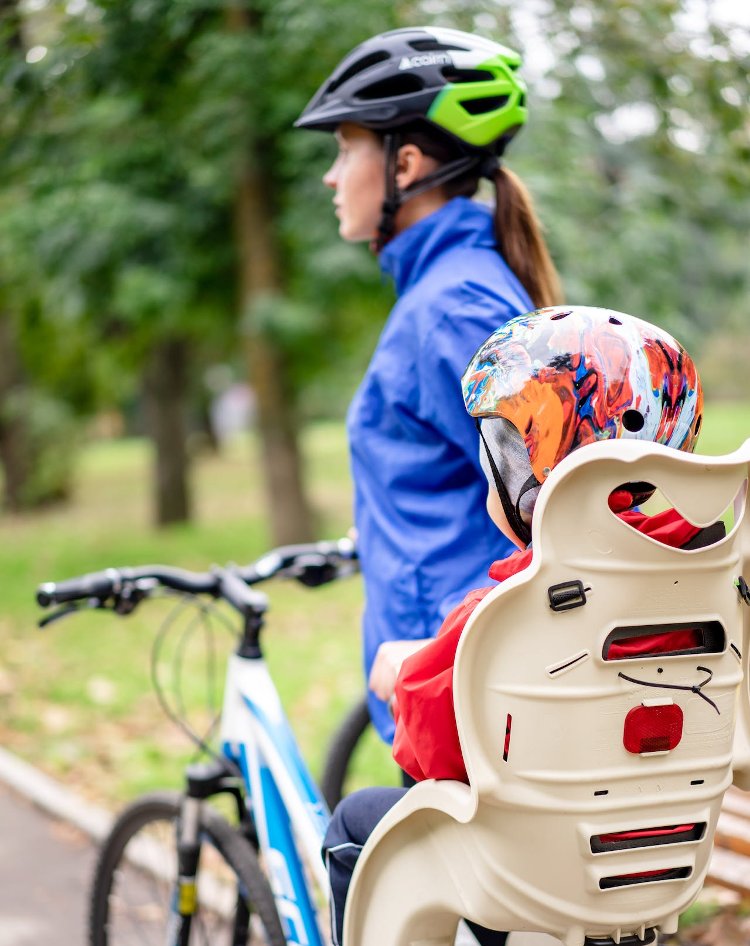It’s not just about wearing a stylish helmet or putting on a couple of bike lights before setting off. It’s equally vital to have the right knowledge to ensure that I and my loved ones ride within the confines of the law. So, I’m shining a light on the bike helmet regulations in my home state of California.
Interestingly, California, being the country’s most densely populated state, has somewhat stricter helmet regulations than some of its counterparts. Curious about the specifics? Let’s delve into my concise guide on California’s bicycle helmet laws below.
Bicycle Helmet Laws in California
In California, bicycle helmet laws dictate that all passengers aged 5 and under, as well as bike riders, scooter fans, skateboarders, and in-line/roller skate enthusiasts aged 18 and under, must wear helmets. Bicyclists 18 years of age or older aren’t mandated to wear a helmet while riding.
No matter the religious beliefs or practices, anyone 18 years or younger has to follow this rule. Interestingly, even adults need to wear helmets in Bidwell Park, situated in Chico, California.
This rule for younger riders covers those on bicycles in streets, bikeways, sidewalks, or public bike paths. If someone breaks this rule, they risk a $25 fine.
Safety, Fines, and Redemption
Federal regulations don’t set bike helmet laws, so local jurisdictions take the reins on this matter. Many states have helmet laws, but they generally focus on younger riders and passengers. According to the California Legislative Information, the helmet law for youngsters applies mainly to public areas like streets, bikeways, sidewalks, and bike paths. This means young riders can technically go without helmets on private properties, except for sidewalks. Unlike some states, California doesn’t provide religious exemptions for helmet use.
If someone breaks these laws, they’re slapped with a $25 penalty. But who pays? If the lawbreaker is a kid, their parent or guardian often handles the fine, but sometimes both parties share the responsibility.
However, California champions a proactive stance. Those who break the rules can get their ticket cancelled by showing a well-fitted helmet and proof of attending a bicycle safety course to the authorities. The state offers a generous 120 days for these corrective actions, an admirable initiative to avoid penalties and champion safety.
The Importance of Helmets for All Ages
Wearing a helmet is a crucial safety step for people of all ages. Regardless of how seasoned or skilled I might be, accidents can’t be predicted and can strike anywhere, anytime. A helmet is the foremost protector against head injuries, some of the gravest and most life-changing injuries a person can endure. Our brains, the nerve center of our bodies, are vulnerable, even to slight knocks.
Helmets aim to take in and spread out the impact of a hit, notably cutting down the chances of concussions or more serious brain injuries. Additionally, sporting a helmet sets a good example for the younger lot, strengthening the safety-first mindset. It highlights the fact that safety isn’t just about age or expertise but a shared best practice for every rider.
Photo by Oleksandr P








